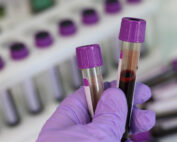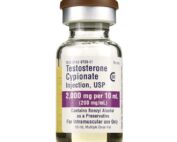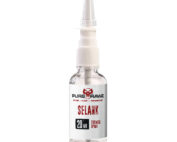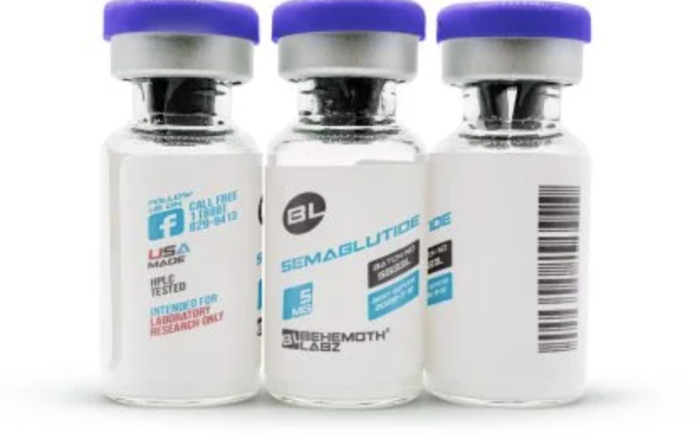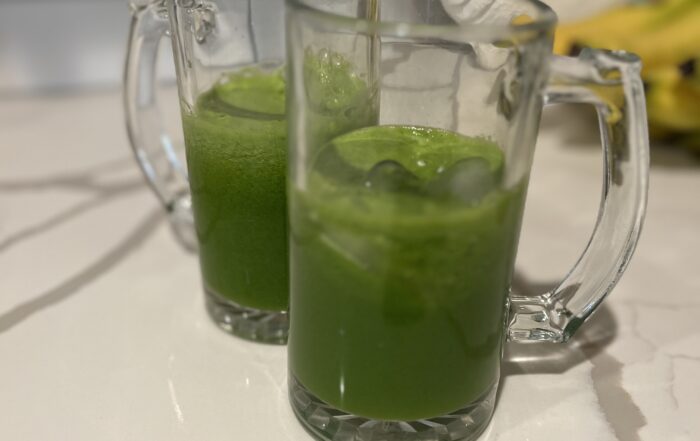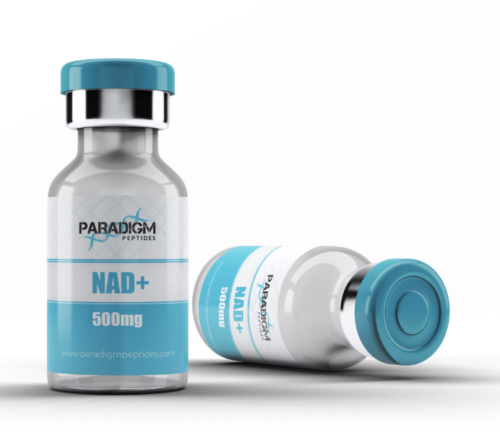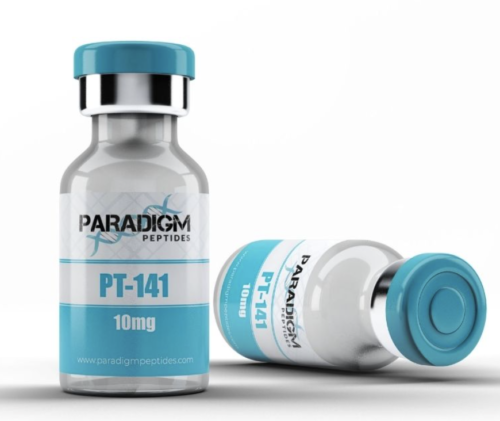Understanding Female Sexual Dysfunction: Causes, Symptoms, and Treatment
Female sexual dysfunction (FSD) is a multifaceted condition that affects many women worldwide, impacting their sexual health and overall well-being. Characterized by persistent issues with sexual response, desire, orgasm, or pain, FSD can lead to significant distress and interpersonal difficulties.
Causes of Female Sexual Dysfunction
FSD arises from a combination of physical, emotional, and relational factors:
- Physical Causes:
- Hormonal Imbalances: Changes in hormone levels, particularly estrogen and testosterone, during menopause, pregnancy, or due to contraceptive use can affect sexual function.
- Medical Conditions: Chronic illnesses such as diabetes, cardiovascular diseases, neurological disorders, and pelvic surgery can impair sexual function.
- Medications: Certain medications, including antidepressants, antihypertensives, and chemotherapy, may reduce sexual desire or response.
- Emotional and Psychological Causes:
- Stress and Anxiety: High stress levels and anxiety, whether related to work, relationships, or other life aspects, can negatively affect sexual desire and performance.
- Depression: Mental health issues, especially depression, can significantly diminish sexual interest and satisfaction.
- Past Trauma: Histories of sexual abuse or trauma can lead to aversion, fear, or pain during sexual activities.
- Relational Factors:
- Communication Issues: Poor communication between partners about sexual needs and preferences can contribute to dissatisfaction.
- Relationship Problems: Conflicts, lack of intimacy, or unresolved issues within a relationship can affect sexual function and desire.
Symptoms of Female Sexual Dysfunction
Symptoms of FSD can vary widely among women and may include:
- Lack of Sexual Desire: A persistent or recurrent absence of sexual thoughts or interest.
- Sexual Arousal Disorder: Difficulty in becoming aroused or maintaining arousal during sexual activity.
- Orgasmic Disorder: Inability to achieve orgasm or experiencing significantly delayed orgasms.
- Pain During Intercourse: Experiencing pain during penetration or deep pelvic pain, often linked to conditions such as vaginismus or endometriosis.
Diagnosis and Treatment
Diagnosing FSD involves a thorough assessment by a healthcare professional, often including a physical examination, medical history review, and discussions about sexual health and relationships. Treatment plans are tailored to the underlying causes and may involve:
- Medical Treatments:
- Hormone Therapy: For hormonal imbalances, treatments like estrogen or testosterone therapy might be recommended.
- Medications: Addressing underlying medical conditions or changing medications that affect sexual function.
- Therapeutic Approaches:
- Sex Therapy: Working with a sex therapist can help address emotional and psychological factors, improve communication, and enhance intimacy.
- Cognitive Behavioral Therapy (CBT): CBT can assist in managing anxiety, depression, and negative thought patterns affecting sexual health.
- Lifestyle Changes:
- Stress Management: Incorporating stress-reducing activities such as exercise, meditation, or yoga.
- Healthy Relationships: Fostering open communication and addressing relationship issues with the help of a counselor if needed.
- Alternative Treatments:
- Pelvic Floor Physical Therapy: For women experiencing pain during intercourse, pelvic floor therapy can be beneficial.
- Mindfulness and Relaxation Techniques: Practices such as mindfulness meditation can enhance sexual awareness and reduce performance anxiety.
Conclusion
Female sexual dysfunction is a common but often overlooked condition that can profoundly impact a woman’s quality of life. Understanding the multifactorial nature of FSD is crucial for effective treatment and management. By addressing physical, emotional, and relational factors, women can achieve improved sexual health and overall well-being. Open communication with healthcare providers and partners is essential for navigating and overcoming this challenging condition.
See list of top biohacks below:
